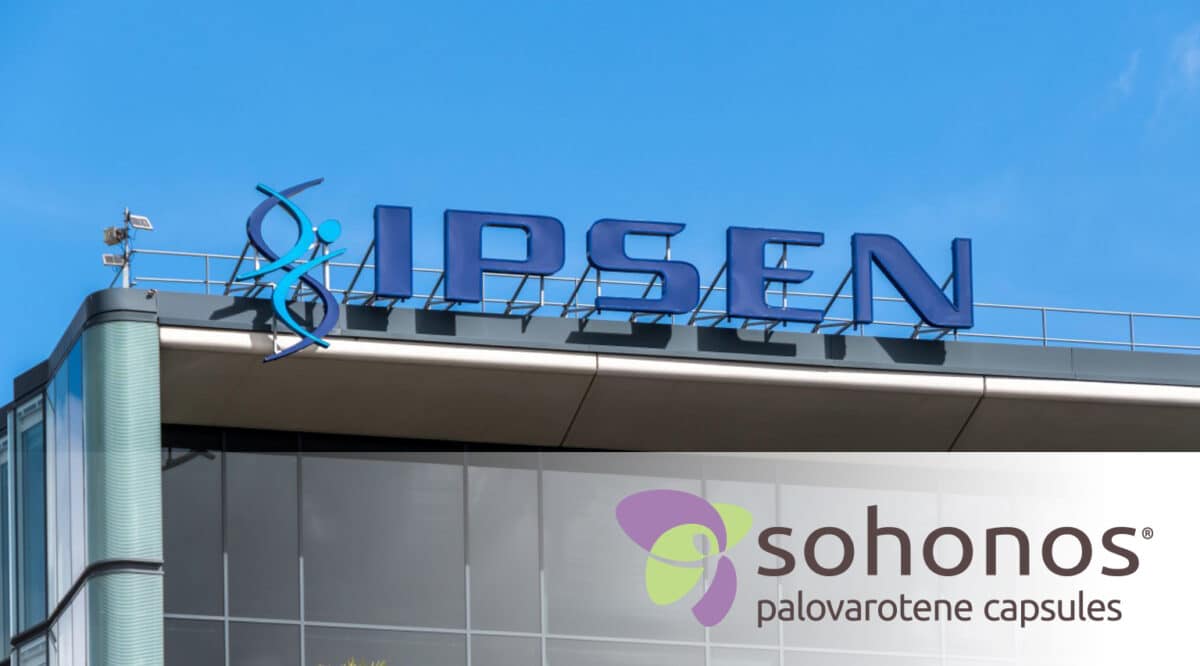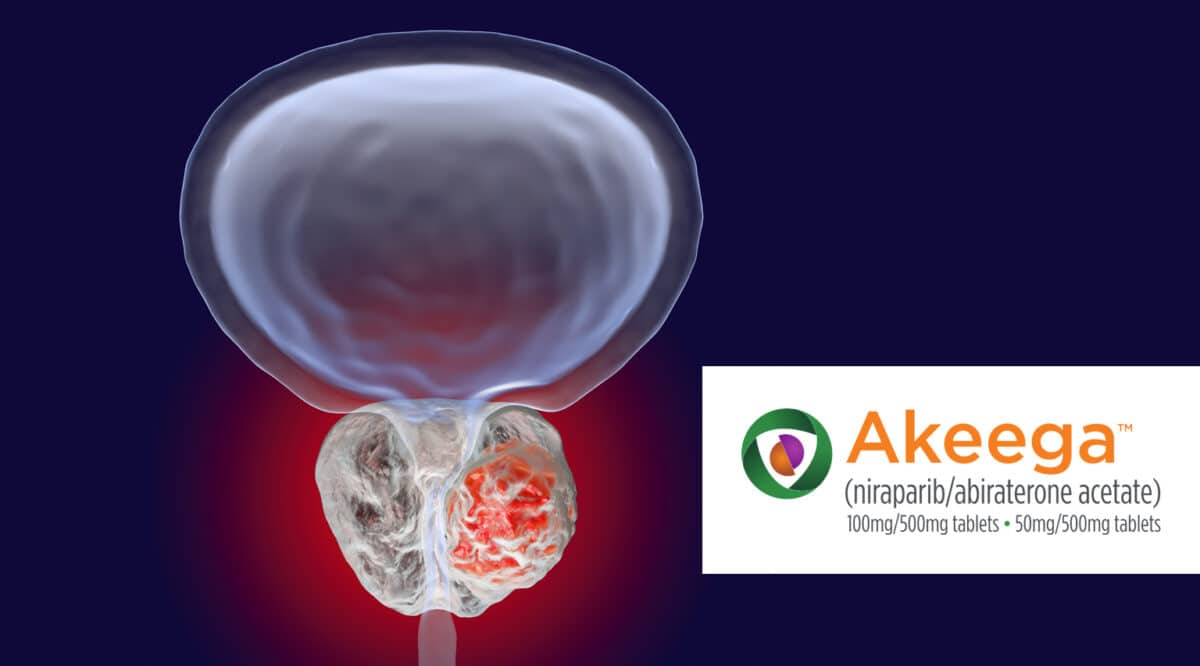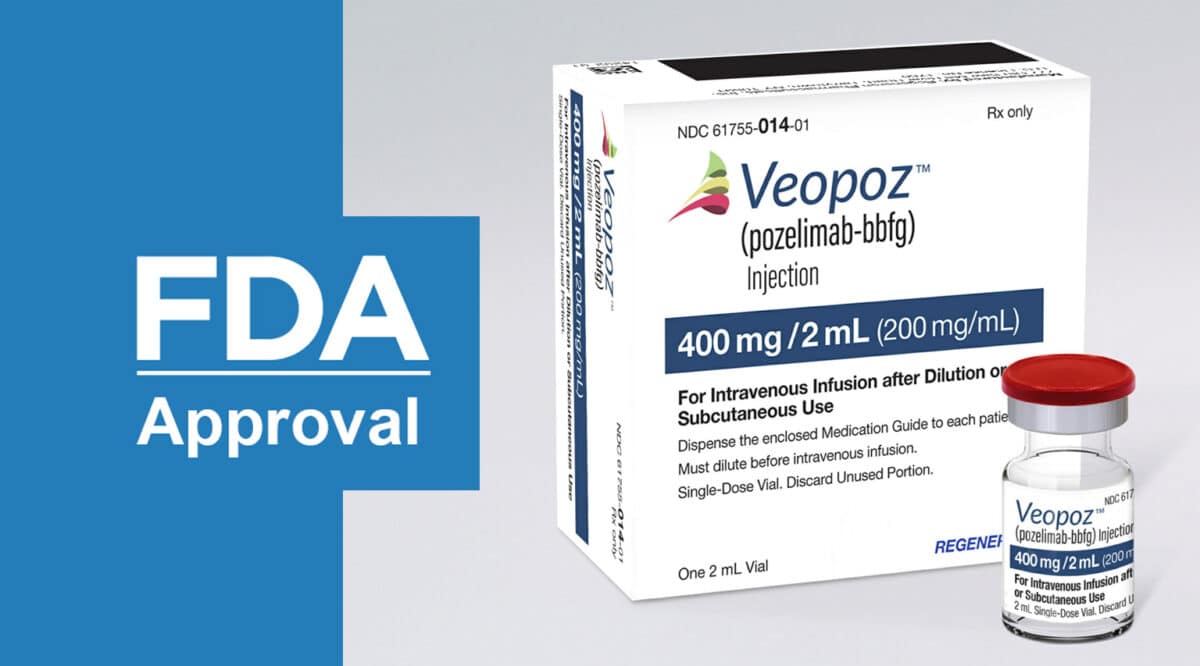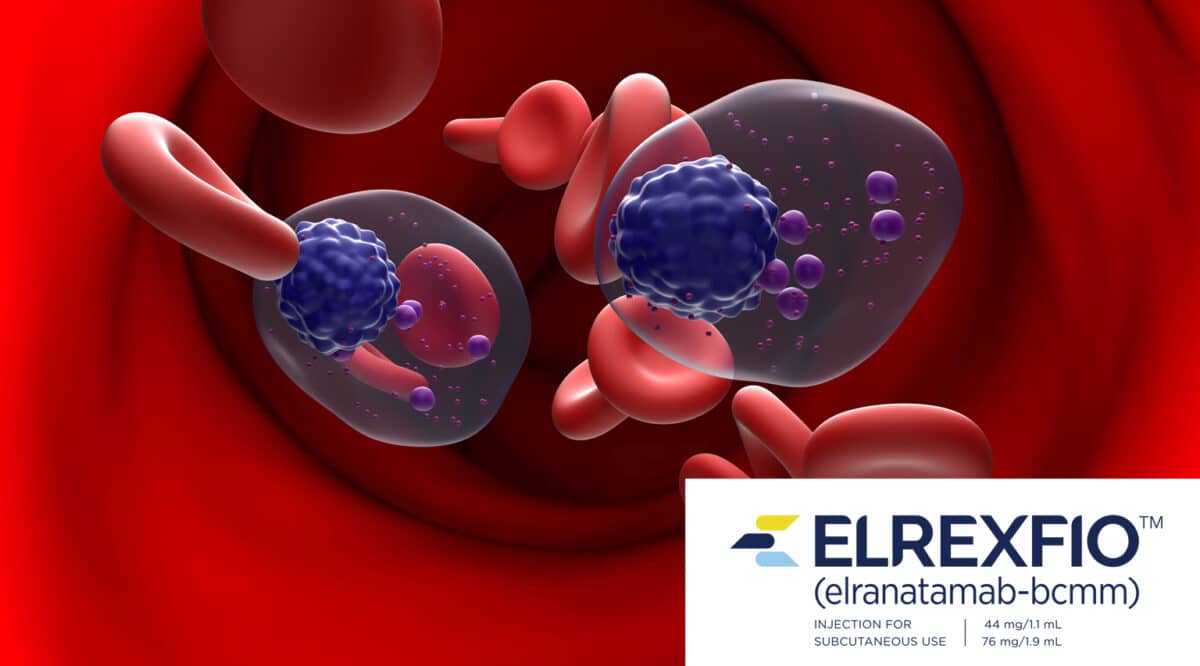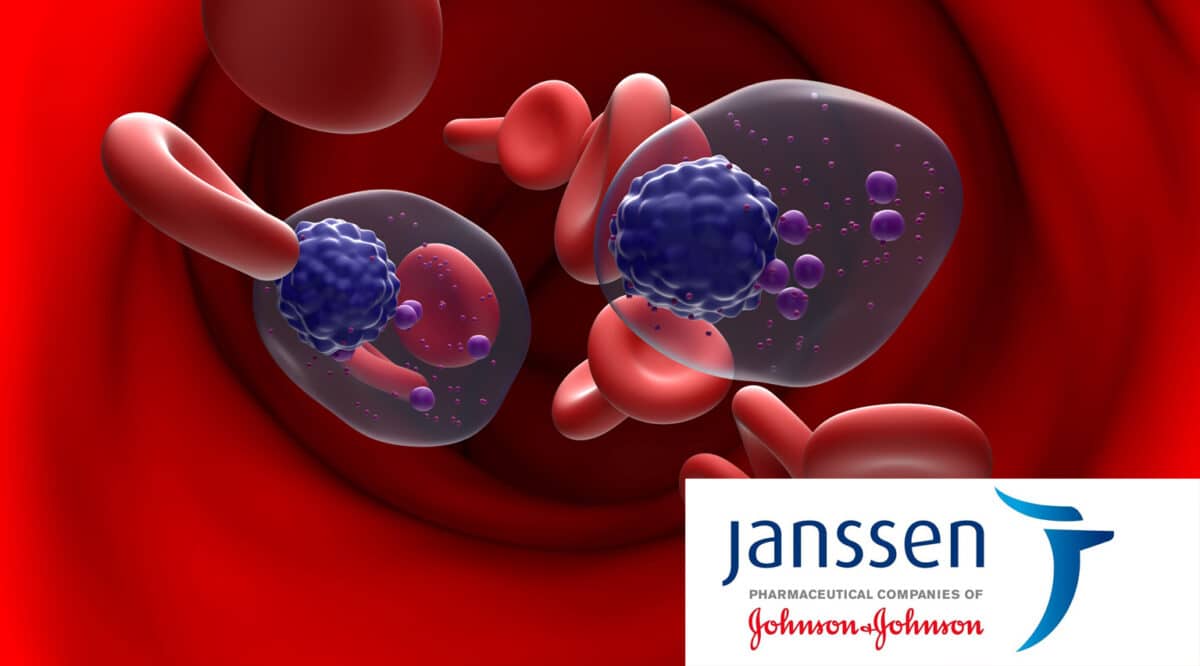The article below was published some weeks ago, but its insight is very timely. It is a simple story….. one in which the Pharma industry is able to pull of a ‘switcherew’ that’s perfectly legal…… and one that could save them billions of dollars.
Got your interest?
It all comes down to reformulating, where possible, big $$ infused therapies and making them available in a subcutaneous injectable form. The article references Keytruda for one.
Why’s that important?
As you likely know, the Inflation Reduction Act (IRA) allows, for the first time, the government Medicare health program to negotiate prices for some of its most costly drugs, starting at a minimum discount of 25% to a drug’s price. BUT….. and here’s the big but….. they government is targeting INFUSED therapies. They released the first list of infused drugs only weeks ago.
What we’ve noticed is a spike in recent months in the number of frequently INFUSED drugs that have introduced the same therapy in subcutaneous form….. with some allowing self-administration.
The explanation from Pharma touts the reduced burden on patients who no longer need to visit their doctor or a clinic for a sometimes-lengthy infusion. And, the preference for self-administration is easily understandable. Patients ‘may benefit, where as infusion clinics may not be happy at all. Heck…. somebody always gets the short straw!
Our guess is that we will see many more Infused therapies move towards offering a sub-q form for select infused products…… especially if their $$ volume is high which could win them a spot on a future price negotiation list.
————————————————————————————-
Focus: Drugmakers go under the skin, skirting early US Medicare price negotiations
By Michael Erman
NEW YORK, July 28 (Reuters) – Injectable versions of some widely-used cancer drugs including Johnson & Johnson’s blockbuster multiple myeloma treatment Darzalex are likely to be excluded from new U.S. government price negotiations for years, drugmakers told Reuters, protecting billions in revenue.
Whether the government agrees that adding an ingredient enabling infused drugs to be given by injection will allow them to be considered new medicines and significantly delay eligibility for price negotiations is being closely watched by Wall Street and the drugmakers.
J&J, Merck & Co (MRK.N), which is testing an injectable version of its top-selling immunotherapy Keytruda, and Halozyme Therapeutics (HALO.O), which ……. article continues


